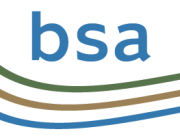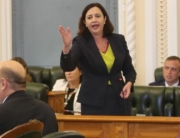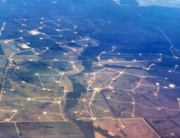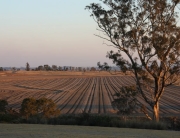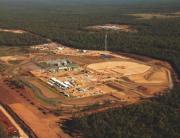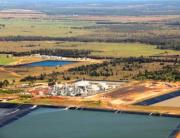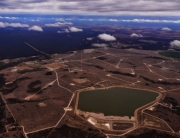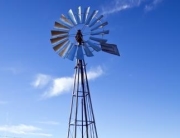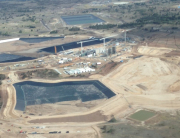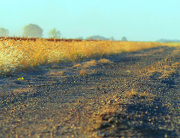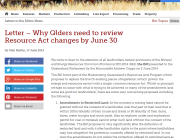The Basin Sustainability Alliance { BSA} represents landholder, community groups and individuals who are worried about the long term consequences of rapid and unrestrained development of the coal seam gas industry across Queensland, based on an unsustainable policy of unlimited water take from the Great Artesian Basin. Our concerns extend to other forms of gas and resource extraction where the government also permits “unlimited water take ”.
Since our inception in 2010, The BSA has attempted to work with industry and government in the hope we can achieve a CSG industry that preserves our groundwater resources, our lifestyle, and our ability to produce food and fibre for future generations. To date, this has not been achieved and so the quest continues.
The BSA believes that informed science must precede development, and predicted impacts must be mitigated. Where the science is problematic or lacking and the risk is too high, no development should occur. In this scenario, we urge our decision makers not to be blinded by the lust for short term royalties and jobs. The industry cannot proceed ‘at any cost”.
Our AGM speaker panel covers a number of issues vital to the sustainable and equitable use of water extracted from the Surat Sub-Basin of the GAB. Tom Crothers, the former G-M of Water Allocation and Planning for DNRME will address the significance of the Commonwealth Senate’s inquiry into Water Use by the Extractive Industries now due Oct 19. The BSA submitted to this inquiry and also attended their Brisbane hearings. Tom will also cover BSA’s submission to the Commonwealth Govt’s review of their GAB Strategic Management Plan.
Professor Jim Underschultz from the UQ Centre for CSG will speak on “Understanding and measuring gas in water bores”. As depressurization of GAB aquifers occurs through overuse, dissolved gases come out of solution. CSG extraction depends on dewatering {depressurization} of the Walloon Coal Measure aquifer and its impact can extend to adjacent aquifers, thus compounding an existing problem.
Engineer and committee member Max Winders will present the latest version of his firm’s 60 klm x 60 klm local hydrological model around his Wambo Feedlot. It confirms that where CSG impacts are significant, detailed local groundwater impact modelling is required, using locally relevant hydrogeological parameters rather than relying on the Qld Government’s broad-scale reporting of the OGIA’s cumulative regional model for the whole Surat Basin.
BSA – AGM Oct 9 Club Hotel Chinchilla – PDF
I hope to see you at our AGM: Lee McNicholl BSA Chairman

